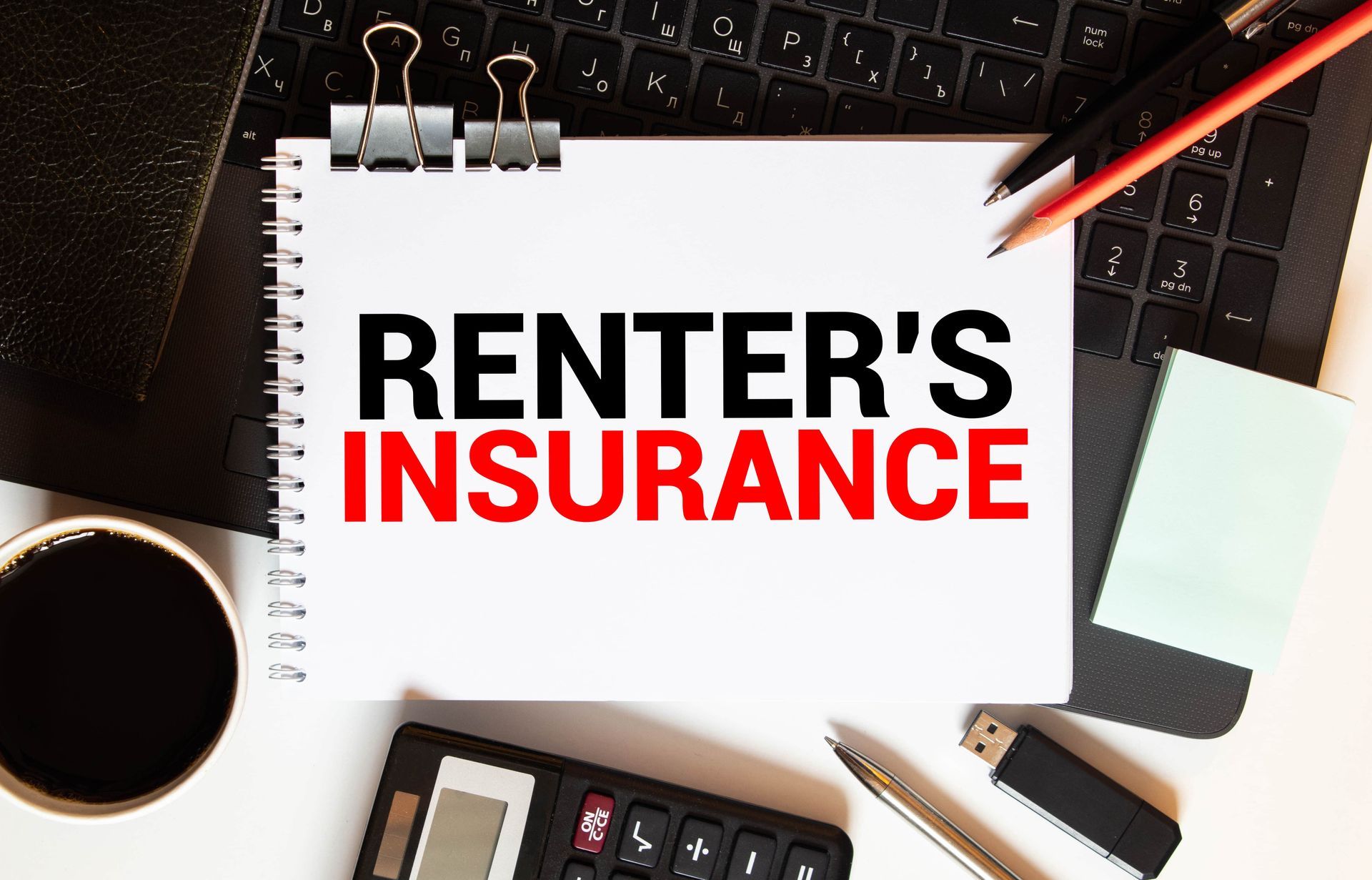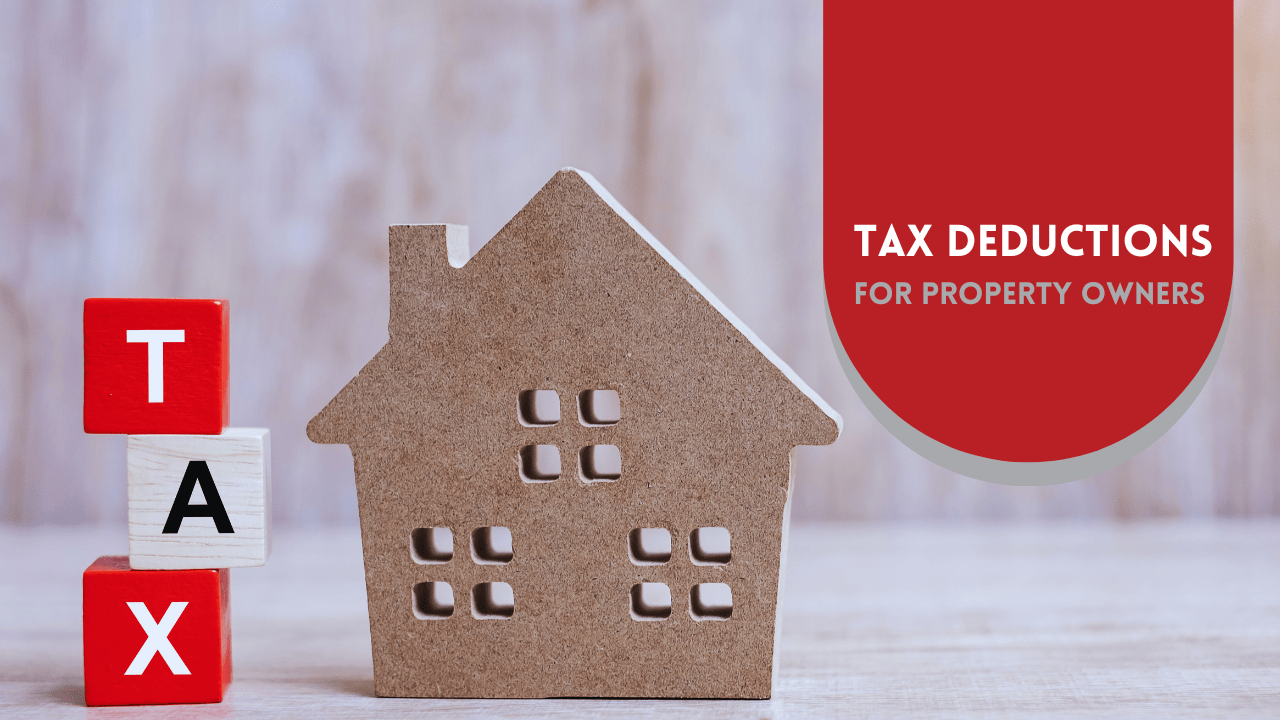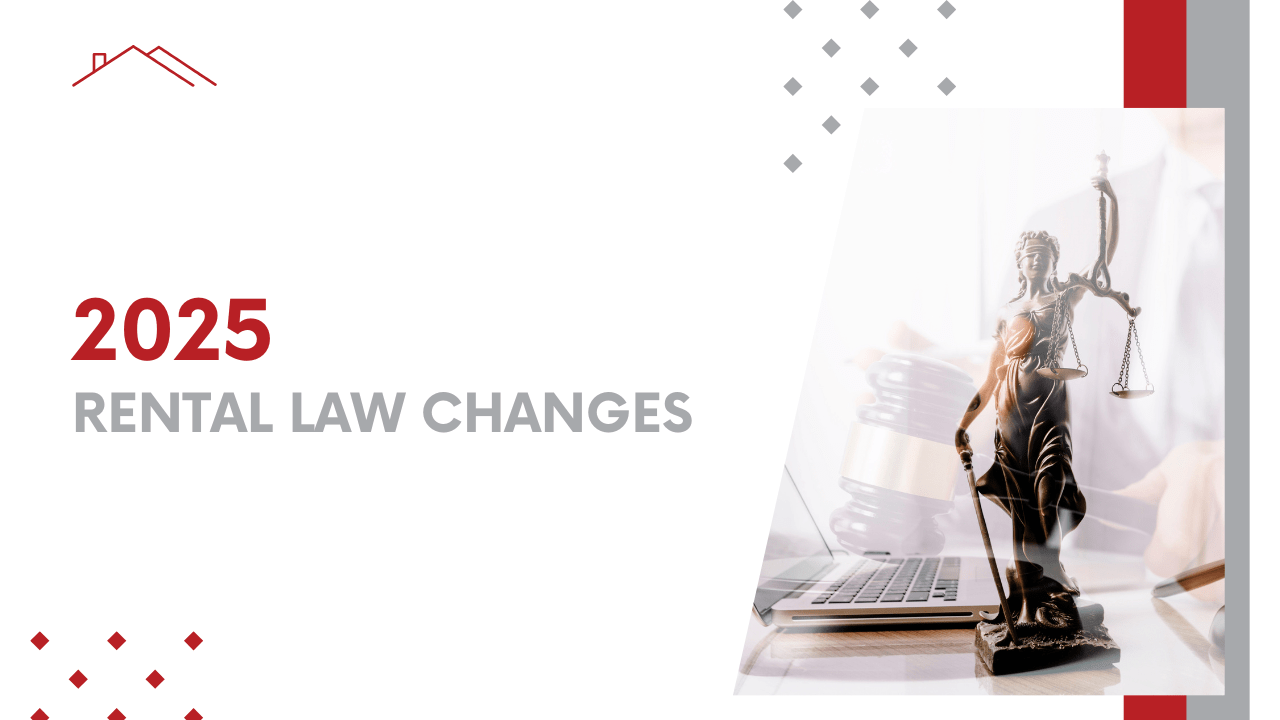Renting out homes in Arlington is risky. Not only do you have to protect yourself against market shifts, potentially
bad tenants, and economic unpredictability, there’s also the everyday, ordinary problem that can occur - like a plumbing disaster or a kitchen fire or a tenant falling down your front steps on an icy morning.
Your job is to provide a safe and habitable home for your tenants. You also want to protect the condition and the value of your investment.
Both of those things start with a strong insurance policy.
The coverage you have as a rental property owner will have a serious impact on the safety and profitability of your property.
Work with a good insurance agent. You can count on their expertise when it comes to choosing plans, coverage, and deductible amounts. We can make a referral if you’re not currently working with a fantastic agent to manage your insurance.
As your
Arlington property management partner, we also recommend that you review your coverage annually to ensure you’re as protected as you need to be. Always revisit what coverage you have and keep the discussion moving forward with your insurance agent. Your property value changes from year to year, and that’s going to affect what you would need to rebuild if you did suffer a catastrophic loss. Your rental home is also getting older. You may need more or less coverage depending on these shifts.
Here’s our advice when it comes to protecting your investment property: always opt for as much insurance as you can. This is not an area in which to cut corners. Instead, make sure you’re covered for every potential loss.
Let’s take a look at the insurance essentials that are necessary for your
investment property.
Landlord Insurance Essentials: What Every Policy Should Cover
The insurance that you’ll buy to protect a home that you’re renting out is often referred to as landlord insurance. When we talk about landlord insurance, we’re referring to the policy that covers both your dwelling, which is the actual physical property, and the liability that you take on
as a landlord. Those things are included in a comprehensive landlord policy, and we’ll share more details on that in a moment.
As you review your policy as a landlord, it may seem to you that this type of insurance is almost identical to the homeowner’s policy that you have on the home you occupy. It’s the same, but different. There’s actually one huge difference that applies to the personal property of your tenants. Your homeowner policy will cover the dwelling, your liability, and also the personal possessions that belong to you and are kept inside the house. If a fire burns up your furniture, your homeowner insurance will cover that loss. If a fire burns up your tenant’s furniture, replacing or repairing those items will not be covered under your landlord policy.
Tenants need their own insurance.
We’ll talk about renters insurance a little later. Right now, let’s take a closer look at what you can expect your landlord insurance to cover:
Your Arlington investment property is protected against any perils such as fire, wind, hail, or structural collapse with the dwelling portion of your insurance policy. Your personal property that’s inside the rental home will also be covered. For landlords, that typically means appliances. If there’s a fire or an incident that damages your stove or your dishwasher, the insurance you have will replace those things.
Liability is a big part of your insurance policy, and you need as much coverage as you can find. If you are liable for property damage or bodily injury to your tenants, your insurance policy will cover those costs. Medical bills will be covered as well as any lost wages in some circumstances, depending on the policy you buy. If you get sued by a tenant who is injured at your property, this insurance policy will help defend you.
Most landlord policies include coverage for loss of rent. If there’s a covered loss that your insurance will pay for, the loss of
rental income will also be reimbursed. This is protection in case your property becomes temporarily inhabitable. You may need to move your tenants out in order to have repairs completed, and that means you won’t have rental income. You’ll need the insurance money.
The amount of coverage you set for each of these things will depend on a number of details. The age and size of your property, its value, and the amount you’d need to rebuild the home all factor into how much insurance you actually need.
What Does Your Insurance NOT Cover?
Now that you know the essentials of your insurance policy, you also have to understand its exclusions.
- General maintenance and repairs
When something malfunctions in your rental property, it’s not going to be a claim you can file with your insurance company. The cost of replacing water heaters, repairing kitchen appliances, and fixing an HVAC system will not generally be covered. You can get a home warranty, which comes with its own set of challenges, or you can make sure that you buy extended warranties on things like appliances if you’re worried about covering those costs.
A sewage backup is not your insurance company’s problem. They won’t cover any damage that’s done to your property due to a wastewater obstruction that involves the local sewer system in your city or county.
- Tenant damage and possessions
As we mentioned, your tenant’s television will not be replaced if it’s damaged during a covered loss. Your insurance company will also likely deny any claim for damages that’s a result of your tenant’s negligence.
It’s a good idea to talk with your insurance agent about flooding, especially if you live close to a river or you’re in a flood zone. Most insurance policies won’t provide coverage for floods that are a result of rain or tropical storms. If you feel you need this coverage, you’ll have to buy a separate policy.
Think about buying an umbrella policy if you own many properties. You’ll get some extra coverage, and if the cost of repairing a property exceeds your coverage limits on your general policy, the umbrella coverage will fill in the gaps.
Renters Insurance Lease Requirements
This type of coverage applies to all renters, whether they’re leasing a single-family home or a unit in an apartment building. As the landlord, you can request that you’re named as an additional insured or an additional interest in order to ensure that the policy stays in force and it gets renewed with the lease agreement every year. That’s a good way to enforce your renters insurance requirement.
The most important thing for most tenants is the coverage provided for their personal property. If there’s a sudden plumbing disaster that leaves a foot of water in the home or a tree falls through the roof and takes out some valuable artwork or electronics, the renters insurance policy will cover the cost to replace or repair those things.
A landlord’s insurance policy will
not cover those items. As we have carefully discussed, under a landlord policy, liability and the structure of the home is covered; a tenant’s personal property is not. So, your tenants need a renter’s policy to make sure they don’t suffer a major loss if something happens at the home.
The renter’s policy will also cover their own liability. Tenants don’t usually think about their own liability when they’re renting a property, but anything can happen. If a tenant accidentally leaves a burner on and something falls onto it, you can quickly have your kitchen burnt down. The renters insurance will cover the repairs that are necessary.
This coverage will save the tenant from a lot of out-of-pocket expenses, protect his or her
security deposit, and provide some relief to you. It also provides help with expenses if that fire requires a tenant to move into a hotel for a few days while the damage is repaired.
Everyone is afforded some extra peace of mind when a renters insurance policy is in place.
Even better - the cost of renters insurance isn’t high. Tenants shouldn’t have to pay more than $15 or $20 per month for full coverage. Typically, they can add it to their existing automobile policy and
enjoy additional savings.
These are the insurance essentials that every rental property owner in Arlington must consider when protecting their property. We’d be happy to tell you more about
how to keep your investment safe. Please contact us at Arlington Realty Property Management.








